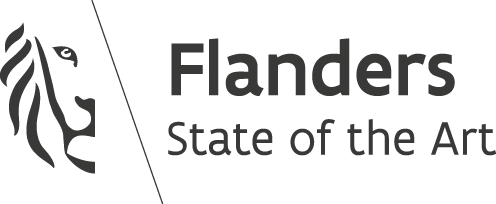In addition to the inspiring practices from Uganda, Rwanda and South Africa, the webinar on professional learning communities shared key insights from a contemporary review of the empirical research on professional learning communities (PLCs) in twelve countries in Africa, Asia and South America. This review draws on an analysis of 70 articles published in Scopus-indexed journals between 2000 and 2021. An upward trend in published research during this period was observed, indicating increased scientific attention to PLCs in the South. The review highlights findings and discussions on (1) the definitions of, (2) the effects of, and (3) the conditions for PLCs.
An analysis of the definitions reveals four perspectives. For example, a PLC is described as a network, a space, an approach, or a process. These definitions emphasise the importance of a shared vision and a collective focus on professional learning. In terms of impact, the evidence points to the positive effects of PLCs on supporting teachers' collaborative learning, developing teachers' teaching efficiency and promoting teachers' innovative changes. This evidence underlines the importance of developing and maintaining PLCs more effectively. Therefore, this review calls for greater leadership and policy support for PLCs at school and system level.
An analysis of the definitions reveals four perspectives. For example, a PLC is described as a network, a space, an approach, or a process. These definitions emphasise the importance of a shared vision and a collective focus on professional learning. In terms of impact, the evidence points to the positive effects of PLCs on supporting teachers' collaborative learning, developing teachers' teaching efficiency and promoting teachers' innovative changes. This evidence underlines the importance of developing and maintaining PLCs more effectively. Therefore, this review calls for greater leadership and policy support for PLCs at school and system level.
(Photo credit: STiR Education)
Subscribe to our (Dutch) newsletter
|
English





